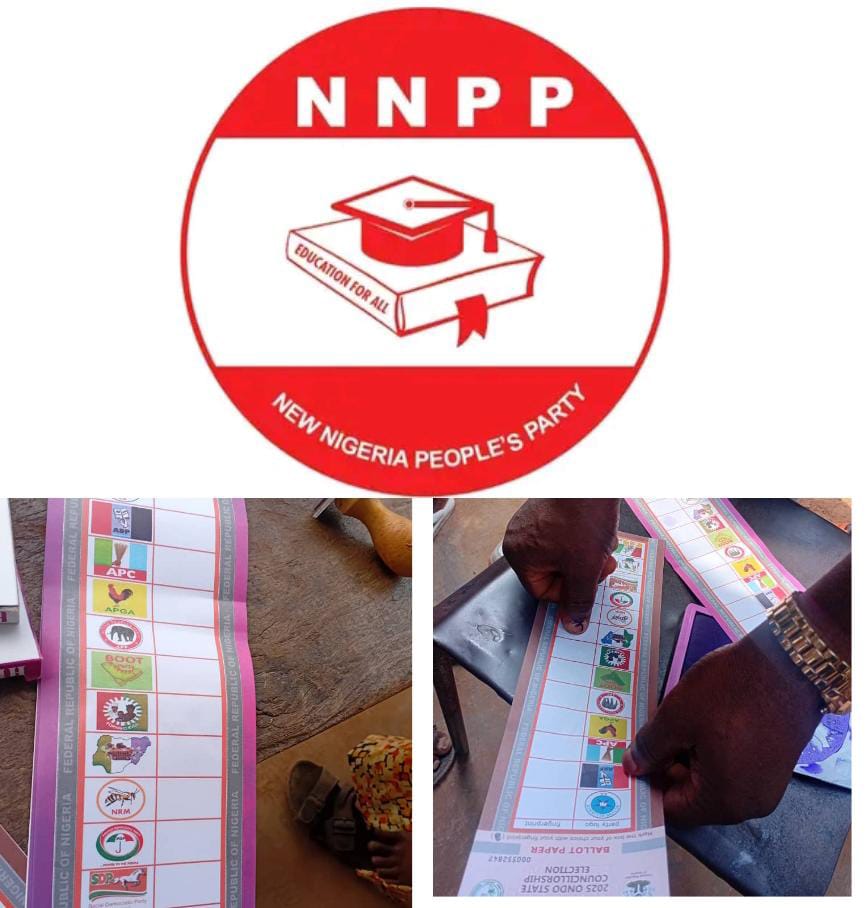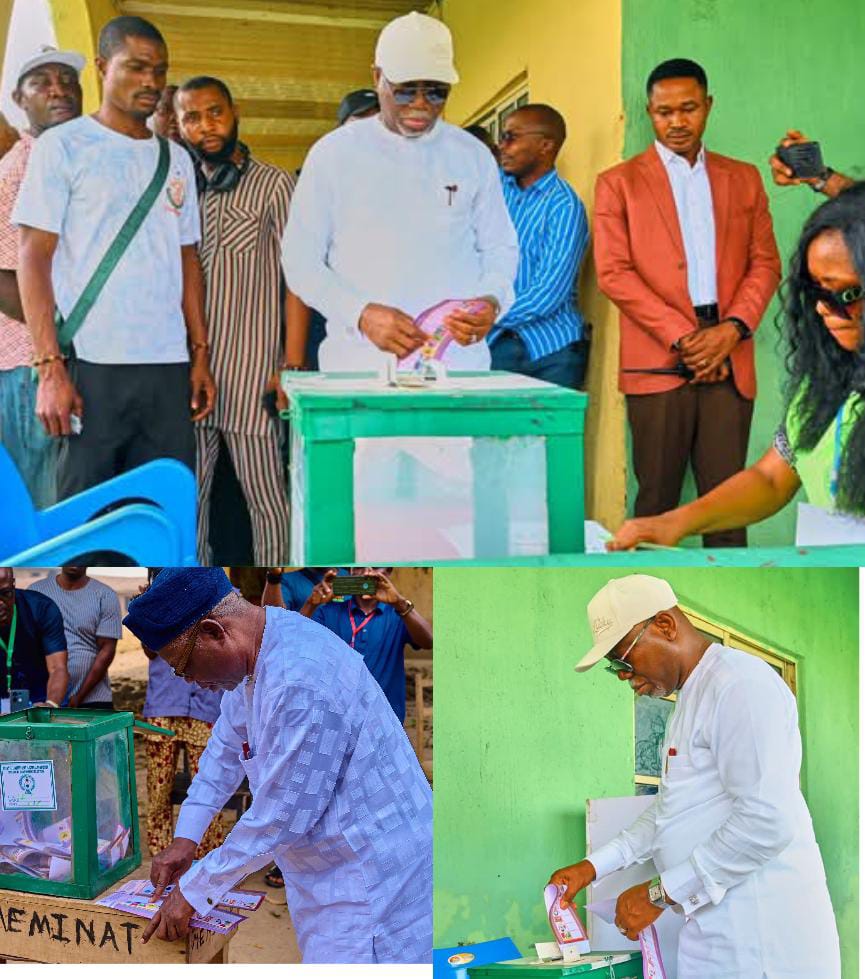Over 152 women groups across the globe have submitted a proposal for the review of the 1999 Constitution to give room for the creation of 74 additional seats at the House of Representatives that should be filled only by only women in Nigeria.
Making the presentation at the Senate Public hearing in Akure on wednesday, the Speaker of the women groups, Women Political Participation Technical Working Group (WPP-TWG), Mrs. Felicia Onibon, said
“In the House of Representatives: two seats for women from the 36 states and the Federal Capital
“In the States’ House of Assembly: one seat from each of the three senatorial districts in the State.
To achieve this, we move for the alteration of the following:
“1. Section 48 of the Principal Act be altered by substituting the existing section 48 with a new section “48”: Composition of the Senate: The Senate shall consist of:
a) three Senators from each State and one from the Federal Capital Territory; and
“This Memorandum for the Review of the 1999 Constitution is submitted by the Women Political Participation Technical Working Group (WPP-TWG). The WPP-TWG is a partnership working group to enhance the participation of women in the governance of our beloved country. The group is an outcome of the Post-2019 General Election Conference held by partners to interrogate the low level of women representation in elective positions.
“Female political representation in the 2019 elections was negligible relative to approximately half of the population they constitute. Of the 2,970 female candidates (11.36%), only 70 got elected, a meager 4.71% of elected officials. This figure represents a decline from the 2015-19 period, where women formed 5.65% of elected officials.
“From the foregoing, the WPP-TWG do submit as:
1. Ensure gender-neutral and sensitive language in our Constitution. Masculine languages are gender-biased and undermine women and girls’ political participation, which further hinders inclusive governance in Nigeria.
2. Ensure equitable women representation in government, through at least 35% women representation in appointive offices at the Federal and State levels. To ensure equitable women representation in government, it is important the Constitution is reviewed to provide for at least 35% women representation in appointive offices at the Federal and State levels.
“This will begin with an amendment of section 14 subsection (3) that prohibits predominance of persons from a few states, ethnic or sectional groups in the composition of the government and its agencies to also introduce a prohibition of the predominance of any sex in the composition of the government and its agencies.
“Also, to introduce in Section 14 (4) the equitable representation of both sexes in the composition of government at a state, Local government councils, or any of it is agencies. Other sections for reference include sections 147(3), 171(5), 192(2), 208 (4).
“3. Include Gender as a benchmark for Federal Character. The Constitution has already created the Federal Character as an Affirmative Action Mechanism that ensures the representation of marginalized groups in the country.
“To achieve this, alter Section 14 by substituting for subsection (3), a new subsection “(3)”: The composition of the Government of the Federation or any of its agencies and the conduct of its affairs shall be carried out in a manner as to reflect the diversity of Nigeria along the lines of federal character and gender diversity and the need to promote national unity, and also command national loyalty thereby ensuring that there shall be a predominance of persons from a few States or from a few ethnic, linguistic or religious groups or of persons of one gender in that Government of in any of its agencies.
“4. Create additional special seats for women in the Federal and State Legislative Houses: WPP-TWG support the proposed amendment as follow:
a. In Senate: one seat for a woman from the 36 states and the Federal Capital
b. In the House of Representatives: two seats for women from the 36 states and the Federal Capital
c. In the States’ House of Assembly: one seat from each of the three senatorial districts in the State.
To achieve this, we move for the alteration of the following:
“1. Section 48 of the Principal Act be altered by substituting the existing section 48 with a new section “48”: Composition of the Senate: The Senate shall consist of:
a) three Senators from each State and one from the Federal Capital Territory; and
b) an additional Senator for each State and for the Federal Capital Territory, who shall be a woman.
“2. Section 49 of the Principal Act be altered by substituting the existing section 49 with a new section “49”: Composition of the House of Representatives:
“a. Subject to the provisions of the Constitution, the House of Representatives shall consist of:
b. three hundred and sixty members representing constituencies of nearly equal population as far as possible provided that no constituency shall fall within more than one State; and
“c. two additional members for each State and for the Federal Capital Territory, who shall be women.
3. Section 71 of the Principal Act be altered by inserting immediately after sub-sections (1) (a) and (b), new subsections “(2)” and “(3)”:
“(a) Subject to the provisions of section 72 of the Constitution, the Independent National Electoral Commission shall:
(i) divide each State of the Federation into three Senatorial districts for purposes of elections to the Senate;
(ii) subject to the provisions of section 49 of the Constitution, divide the Federation into three hundred and sixty Federal constituencies for purposes of elections to the House of Representatives.
(iii) For the purpose of section 48 of the Constitution, a State shall constitute an additional senatorial seat to be occupied by a woman.
(iv) For the purpose of section 49 of the Constitution, the Independent National Electoral Commission shall divide each State of the Federation into two Federal constituencies to be occupied by women.
4. Section 77 of the Principal Act be altered in subsection (1) by substituting the words “every Senatorial district or Federal constituency” in lines 1 and 2 with the words “every Senatorial district, Federal constituency and the additional seats”:
Subject to the provisions of the Constitution, every Senatorial district, Federal constituency, and the additional seats established in accordance with the provisions of this Part of this Chapter shall return one member who shall be directly elected to the Senate or the House of Representatives in such manner as may be prescribed by an Act of the National Assembly.”
5. Section 91 of the Principal Act is altered by substituting the existing section 91 with a new section “91”:
(a) Subject to the provisions of this Constitution, a House of Assembly of a State shall consist of:
(b) three or four times the number of seats, which that State has in the House of Representatives divided in a way to reflect, as far as possible, nearly equal population; and
(c) one additional member from each of the three senatorial districts in the State referred to in section 48 (1) (a) of the Constitution, who shall be a woman.
(2) Notwithstanding the provision of subsection (1) of this section, nothing shall prevent a woman from contesting for any of the seats in the constituencies referred to in subsection (1)(a)
(3) The provisions of subsection (1 ) (b) shall commence after the current life of the State House of Assembly and shall be reviewed after 16 years from its commencement notwithstanding any other provision of this Constitution.
Provided that a House of Assembly of a State shall consist of not less than twenty-four and not more than forty-three members.”
6. Section 117 of the Principal Act be altered in subsection (1) by inserting immediately after the words “every State constituency” in line 1, the words “and the additional seats”:
Subject to the provisions of the Constitution, every State constituency and the additional seats established in accordance with the provisions of this part of this Chapter shall return one member who shall be directly elected to a House of Assembly in such manner as may be prescribed by an Act of the National Assembly.”
“We believe these temporary but necessary positive measures will enhance inclusive governance that we earnestly yearn for.”










